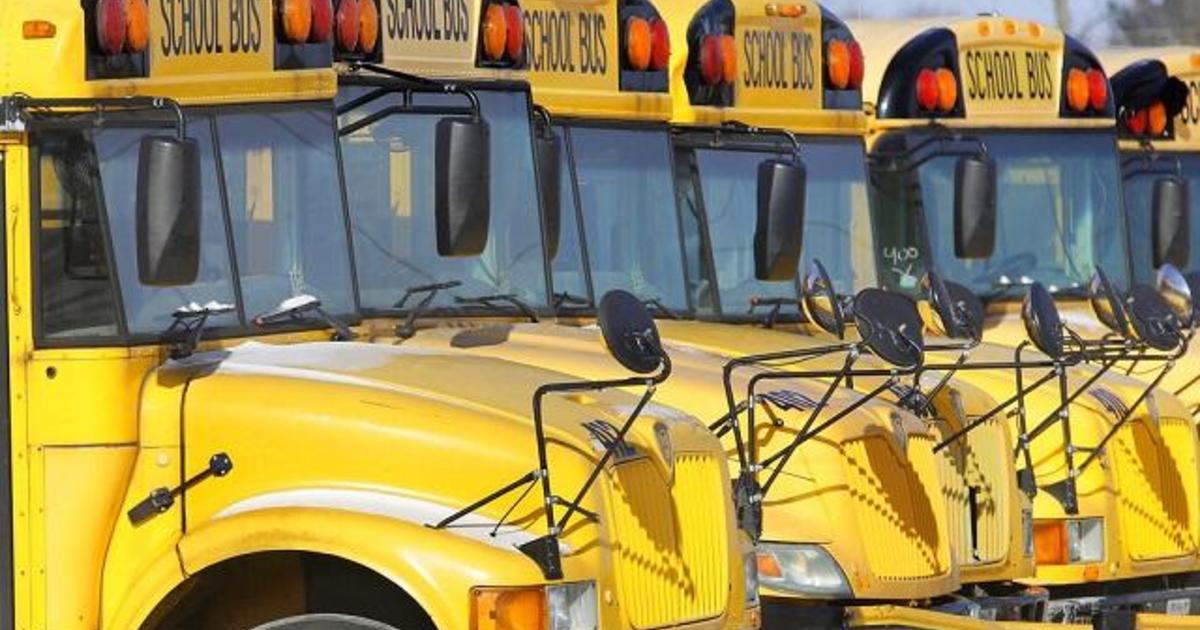Trump Administration Proposes Step Back From 'Housing First' Homeless Policy
WASHINGTON (Capital News Service) — A new federal plan to end homelessness released last week by the Trump administration calls for a reversal of Obama-era "housing first" policies.
The plan, released Oct. 19, is the first from the United States Interagency Council on Homelessness since President Donald Trump fired its executive director last year and replaced him with Robert G. Marbut Jr., a former government consultant who has recommended homeless support systems that rely on the threat of jail to push homeless people off the street and into shelters.
The agency report says that despite an increase in federal spending on subsidized housing first programs, homelessness rates have continued to increase. USICH proposes attaching housing vouchers for homeless people to treatment programs and job training, and moving homeless people toward self-sufficiency.
Marbut described the goal of the "Expanding the Toolbox: The Whole-of-Government Response to Homelessness" plan as helping people "to exit the condition of homelessness and not to be in a subsidized living condition."
"We want people to have a robust life,'' he told the Howard Center for Investigative Journalism at the University of Maryland. "That's much more aspirationally large than just, 'Did you get a subsidized unit?'"
In a joint statement, 10 of the most influential national homeless advocacy groups condemned the USICH report, saying "the plan cannot be implemented by the agency" and it "continues to leverage data that has been widely disproven by experts."
One of the groups' leaders argued that housing first, in fact, has prevented even larger increases in homelessness caused by failed federal housing policy.
"The fact that the system is actually serving more people is a good sign that more people are getting the help that they need, not a sign that the system is failing," said Eric Tars, legal director for the National Homelessness Law Center.
Housing first programs prioritize getting homeless people under a roof with no preconditions. Once a homeless person is housed, he or she can be offered optional social services, like job training, addiction treatment and counseling.
Studies show that people who are given housing without conditions stay housed between 75% and 91% of the time, according to the National Alliance to End Homelessness.
Marbut said the USICH plan offers local communities a set of options they can implement to address their specific needs.
"We really believe that local communities have the best understanding of how to address homelessness in the most positive way," he said.
The plan also recommends measuring outcomes, such as how many people become self-sufficient.
Tars agrees that measuring self-sufficiency is a relevant metric, but only in addition to those metrics already used, like how quickly someone is housed.
"You can give (homeless people) all the job training programs that you want. But if the jobs aren't there, it's not fair to blame that individual," Tars said.
The creator of the housing first model says the agency's approach is "going backwards." Sam Tsemberis, a psychiatrist who in the early 1990s developed housing first at Pathways to Housing in New York City, said the new proposals are a throwback to "old fashioned" clinical assumptions from 20 to 30 years ago.
"It is calling for treatment, sobriety, all of the things that we know people cannot achieve effectively if they're homeless," Tsemberis said.
Marbut compared the proposal linking subsidized housing to participation in treatment programs to college students having to maintain good grades while receiving federal Pell Grants.
But going to college and wanting to sleep outside are fundamentally different, said Marc Dones, a consultant who advises governments on how to improve their homeless response systems with a focus on equity and antiracism.
"If we are saying that the fundamental issue that people are facing is that they lack housing, it's not programming that's going to get them what they need," Dones said.
Only affordable housing can end homelessness, Dones said.
Released two weeks before the November presidential election, advocates for the homeless described the plan as a list of unimplementable ideas they worry could become campaign talking points.
The report expands who is considered homeless to include people who are receiving housing subsidies through housing first programs. Under current federal guidelines, those receiving housing subsidies are not considered homeless.
USICH also urges more communities to consider jail-diversion programs for homeless people arrested for life-sustaining activities like sleeping in public or panhandling and proposes financial support for faith-based organizations providing homeless services that do not use housing first approaches.



